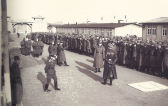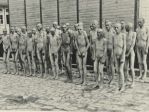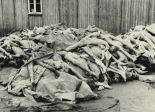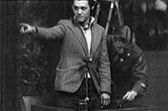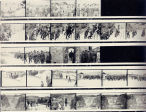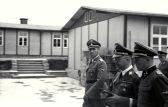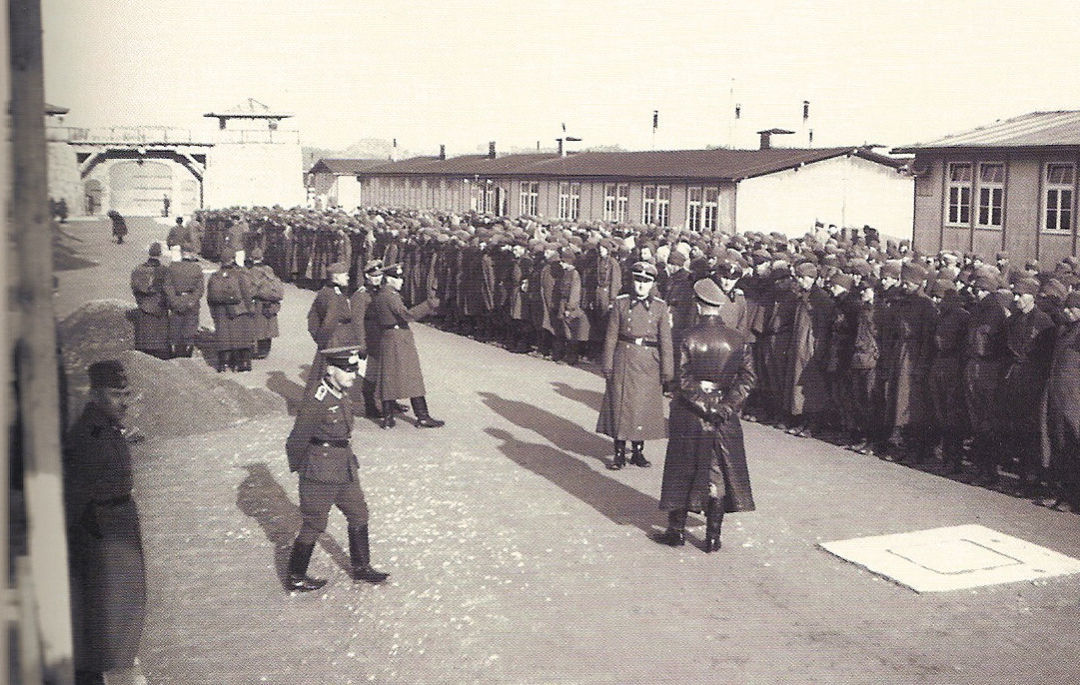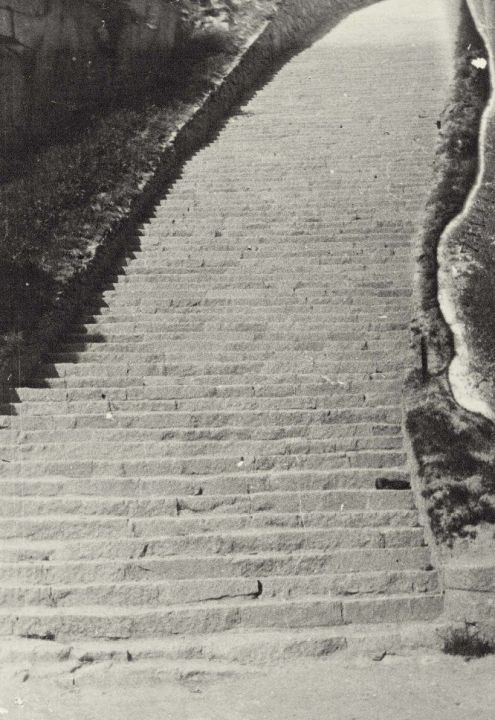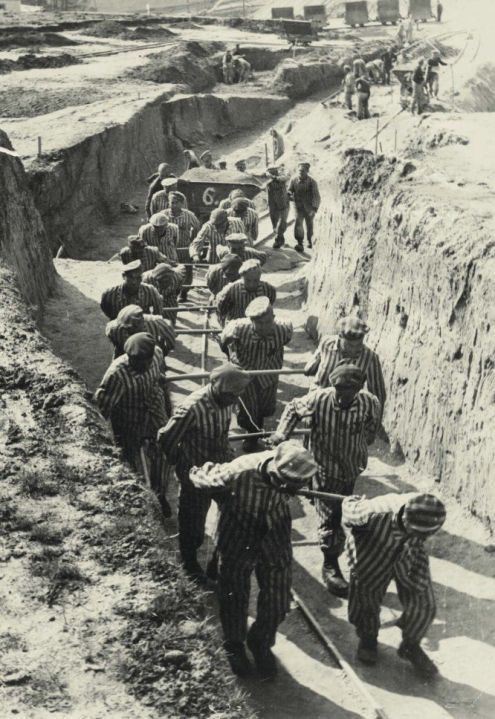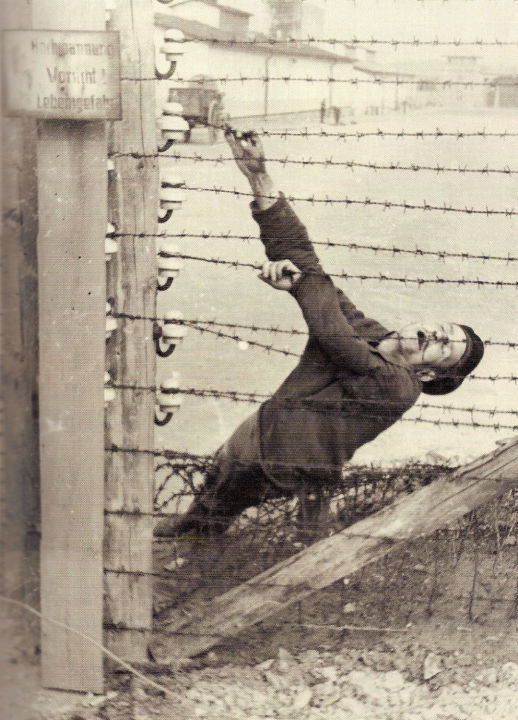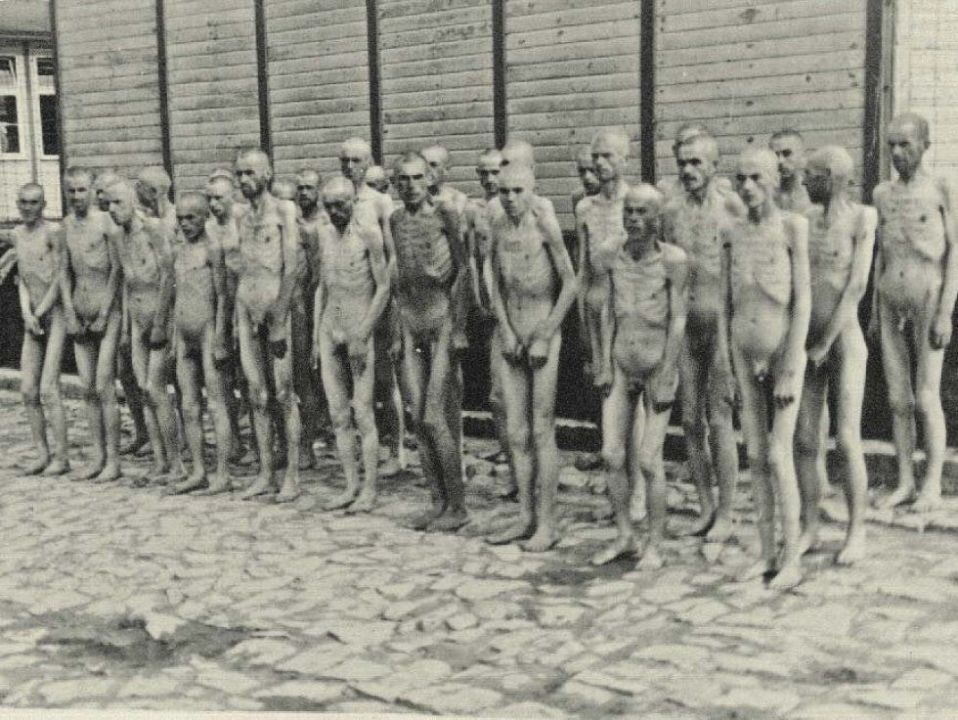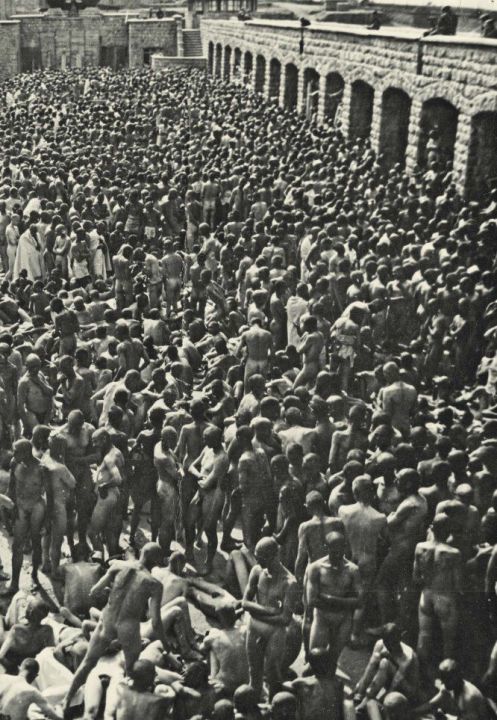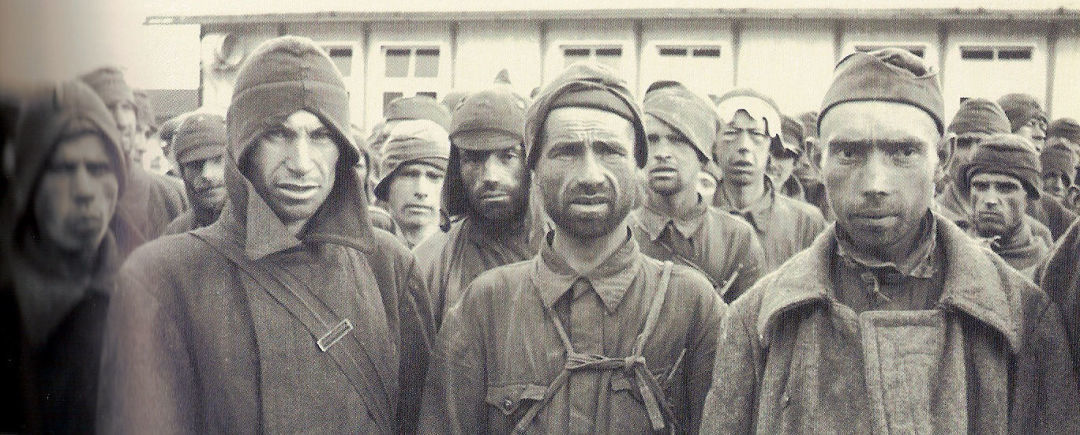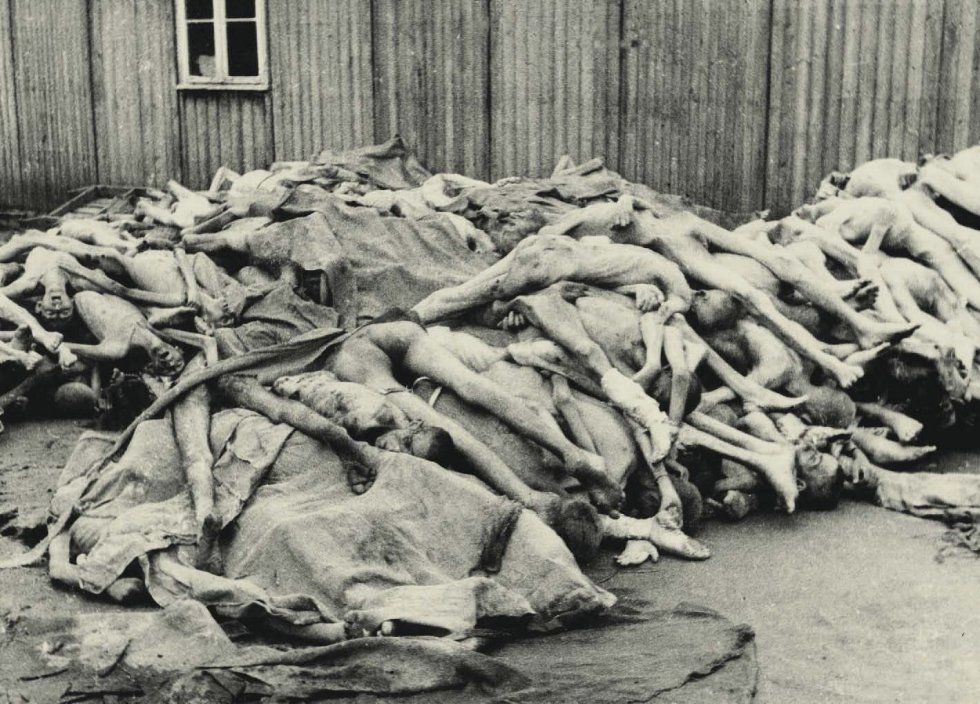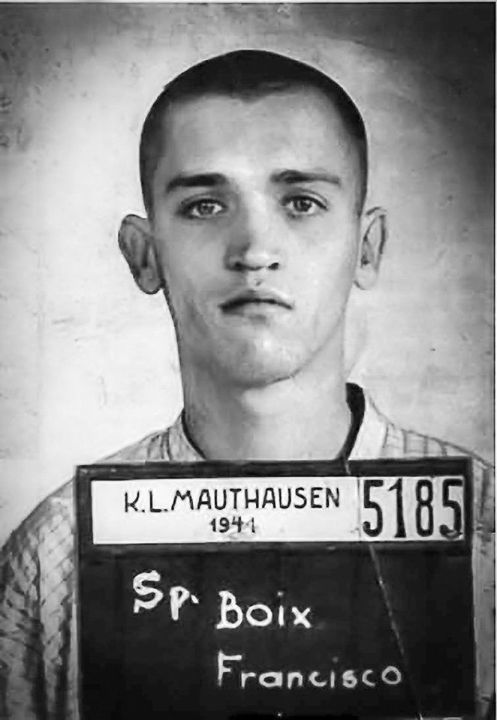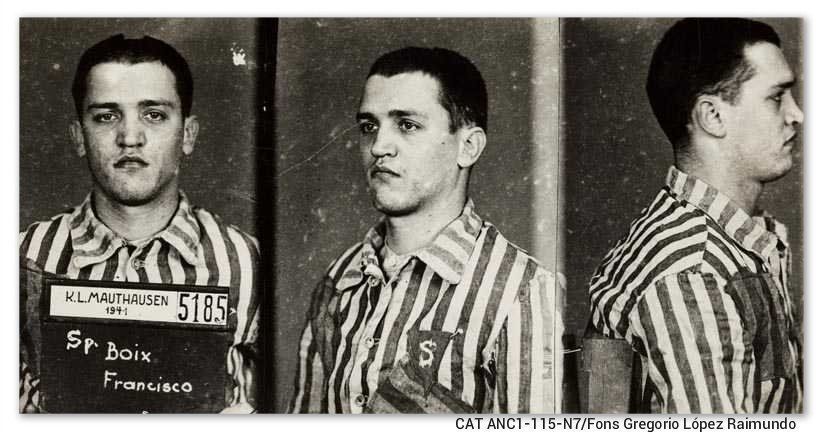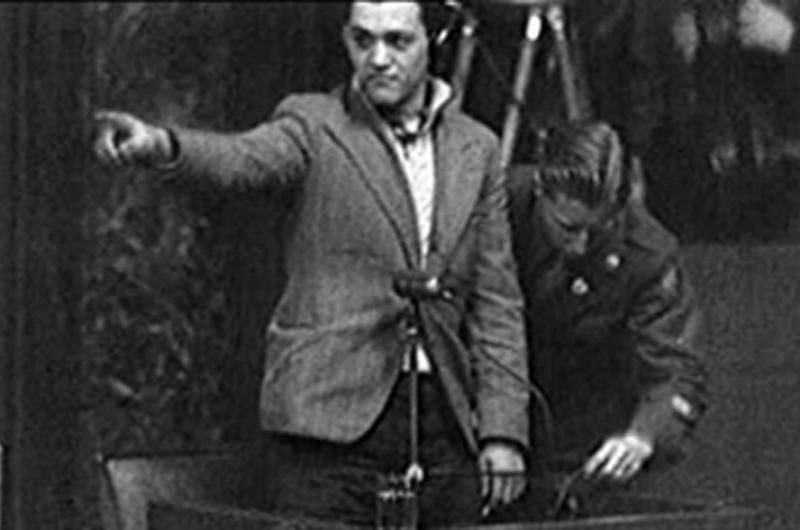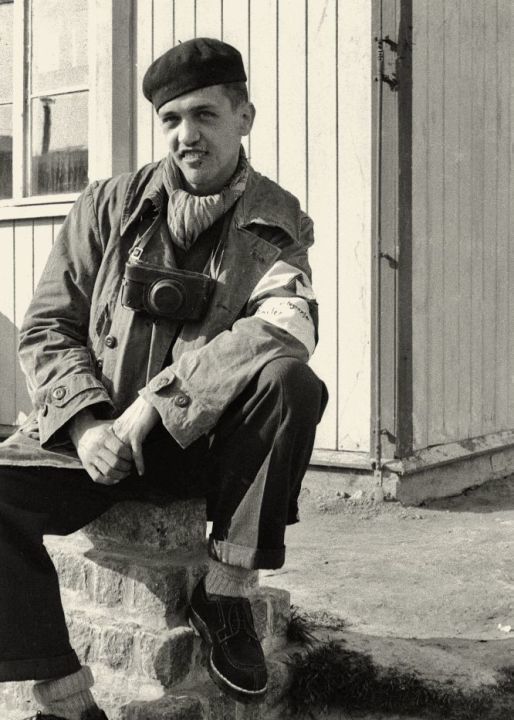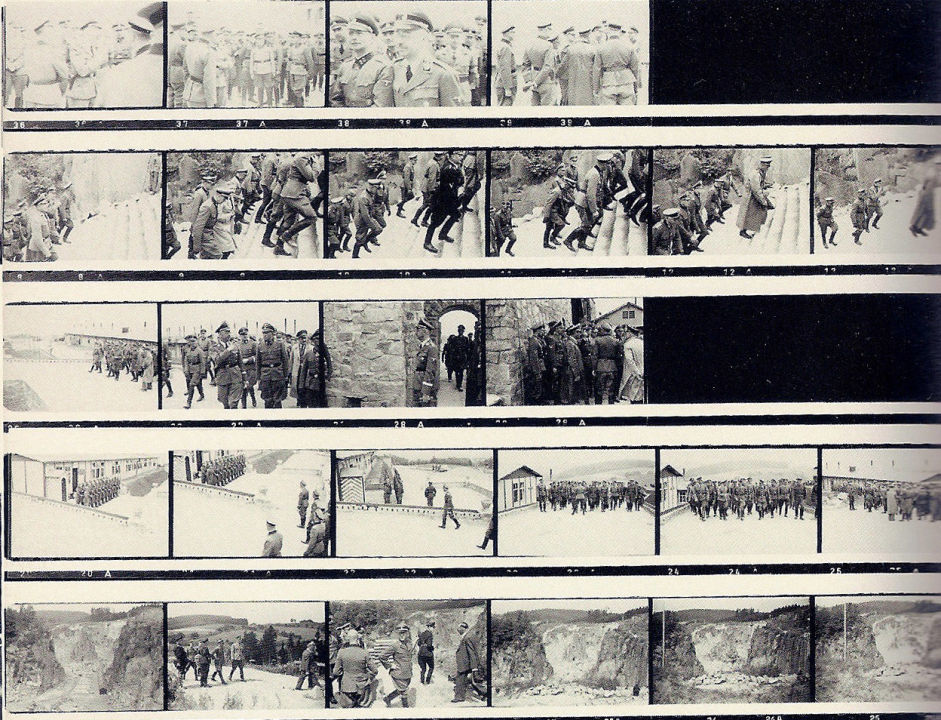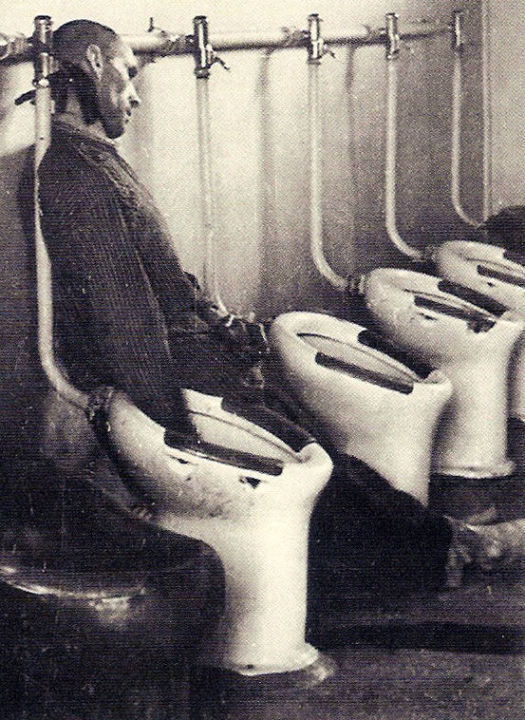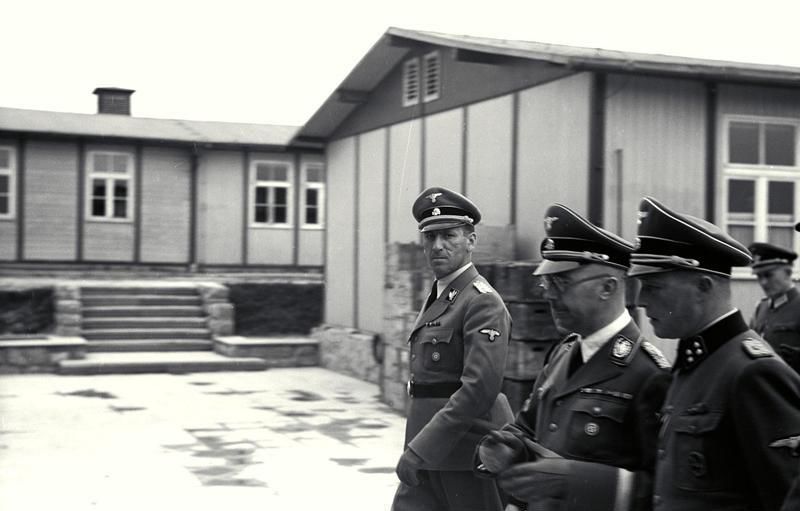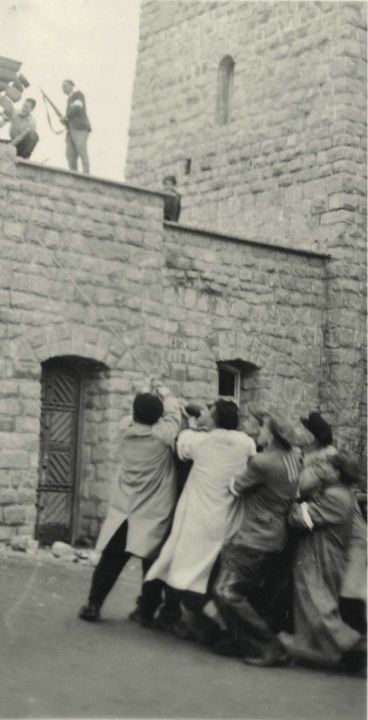Several witnesses from different countries in Europe, people who managed to survive in Nazi concentration camps, made a statement before the audience of the Nuremberg Tribunal. Most of the stories were devoted to the Austrian camp Mauthausen – an exceptionally terrible creation of the Reich. The Tribunal not only listened to the oral testimony of former prisoners, but also saw unique photographs that the Germans took for internal use. The prisoners managed to steal the negatives and hide them with the help of local residents.
Soviet Union – Highest Human Toll
Mauthausen was a complex of facilities – a central camp and 49 subcamps. The central camp was built by prisoners from Dachau – the very first Nazi concentration camp, opened in 1933. During Mauthausen’s existence from 1938 to May 1945, 335,000 people went through the hell of this camp, 122,000 were executed or died of hunger and diseases. The camp was international: civilians from all over Europe, as well as prisoners of war, including those from the United States and the Soviet Union, were kept and killed there. Most of the victims were citizens of the USSR – 32,000 people.
In early May 1945, almost all of the administration left the camp, leaving about 30 SS men to guard it. Most of the kapos, the guards recruited from criminal prisoners, escaped as well. By that time, the prisoners had managed to gather a small arsenal in case the SS men decided to resist the advancing Allied forces. But that did not happen. The US Army entered the almost unguarded camp. The Nazis and kapos who remained there were killed by the prisoners themselves. The hidden weapons also came in handy for later clashes with fleeing SS men around the camp.
The witnesses were called by the French prosecution. Their stories shocked those present in Courtroom 600. These people witnessed mass executions and sophisticated methods of murder. The Nazis did not attempt to conceal it from the prisoners – they massacred people overtly.
‘If You Do Not Obey, I Will Send You to Mauthausen’
The cross-examination of witnesses never really took place. At first, some lawyers tried to catch witnesses making errors, but it quickly became clear that it was not the prisoners who were confused, the lawyers had little idea of the reality they happened to live in.
Mauthausen's witnesses may not have known of the level of awareness of the Berlin lawyers. But they knew for sure that high-ranking defendants at the Nuremberg Trial, such as Ernst Kaltenbrunner and Albert Speer, perfectly understood what kind of “enterprise” they were inspecting – their visits to the camp were depicted on film.
The former prisoners had no doubt that the inhabitants in the vicinity of the camp and Vienna, as well as workers of German enterprises that used prison labour, knew everything or almost everything.
“I was working at Messerschmidt's”, recalled Maurice Lampe, one of the witnesses. “The foremen were mobilised German civilians who, in the evening, went home to their families. They knew quite well of our sufferings and privations. They frequently saw men fetched from the shop to be executed, and they could bear witness to most of the massacres I mentioned a little while ago. I should add that once we received - I am sorry I put it like that - once there arrived in Mauthausen 30 firemen from Vienna. They were imprisoned, I think, for having taken part in some sort of workers' activity. The firemen from Vienna told us that, when one wanted to frighten children in Vienna, one said to them, ‘If you do not obey, I will send you to Mauthausen’”.
Mauthausen Witnesses
Francois Boix
Spanish citizen, Catalan. Born in 1920. Photo reporter.
Fought in the Spanish Republican Army, was captured in 1940, and was held in Mauthausen until his liberation in May 1945.
Maurice Lampe
French citizen. Was born in 1900. Communist and trade union worker, participant of the Spanish Civil War.
Arrested on 8 November 1941, was held in prison. On 22 March 1944, he was taken to the Mauthausen concentration camp, where he remained until the camp’s liberation.
Jean-Frederic Veith
French citizen born in Moscow in 1903.
A prisoner at Mauthausen for two years: from 22 April 1943 to 22 April 1945. Was sent to the labour distribution department of the camp.
Source:
Sergei Miroshnichenko, “Transcript of the Nuremberg Trials”, Volume V
